"I think the Boussiphone catalogue is our
patrimony, we should protect it! If we don’t keep it alive it will
perish and disappear. Its a pity that the Moroccan ministry of culture
doesn’t invest in helping to maintain this Moroccan cultural heritage.
We would give it to them for free if they would preserve it in a good
way!" --- Abderahim Bousiff
Listen Here:
After I found a discarded, partially busted old double-cassette boom-box in a bin earlier today, my small cassette tape collection sprang audibly to life... the first to hand... El Arrfa 84, North African drum, horn and vocal music, perhaps Berber, although I find no confirmation, published by Boussiphone. I could find no data about the artists (Cheika Besmellah & El Arfa) on the internets. Information about the label Boussiphone does exist, however, including an interview with Abderahim Bousiff, one of the sons of the founder of Edition Bousiphone...
for lovers of the North African "thing", this is a sublime source of sound and sound-history...
https://boussiphone.wordpress.com/2017/04/11/eerste-blogbericht/
"My father was a huge music lover and he was well connected with the Egyptian stars of the time like Farid El Attrache. But he found that musically in the 50ies and 60ies Morocco was well behind. In Egypt or Libanon they already had fantastic studios in the 60ies and a thriving musical scene with amazing orchestra’s. Morocco only had very crude traditional ensembles, but no real “stars” or renown singers… In Morocco everybody was listening to Egyptian and Lebanese singers. So my father wanted to change this and he started to develop the means to record and publish artists. This would be a first step and it would lay the foundation of a Moroccan music industry. Besides that he would also go out to record folk artists, musicians that would only be known very locally. He recorded them in their villages and would thus preserve their musical legacy.
"The slogan that we would use was “Boussiphone: source of the musical art”. It would imply that we were at the source of things and that we would help things to flourish. In the many cinema’s in Morocco we would buy publicity before the film would start and our slogan would appear on the screen: “Boussiphone, source of the musical art”. It was intended to spread our name and to attract musicians so that they would know that we could record and publish them. Word spread quite fast and musicians came. We were not restrictive in who and what we would record, therefore we also worked with musicians from Mauritania of Algeria, if they came to us we would publish them. We had a floor in our house for musicians from abroad only and they would live with us for weeks on end like Si Daty and Mounina. I remember well that once we recorded Si Daty and Mounina for the first time in 1967 and we would go out to the soukh and play it to the people and they would start to cry. They were emotional that they could finally play this beautiful music in their house, time and time again.
"We were so proliferate that at one point I believe we had recorded at least one song of all performing Atlas Berber artists, musicians, bands and comedians!
"In 1967 we imported the first record pressing plant from Europe, and we called the factory Africson. It was part of the “Moroccan Sound Industries” : we had a studio, we could press the records and the sleeves. We had 4 trucks with speakers on to deliver all the records all over Morocco. When there was a good harvest then we pressed more records and we recorded more songs because the people were happy, they had money and they wanted to have a party and be joyful, so they bought more records. We controlled the entire business. A business that we created out of nothing.
"Our family was well off when we were young and when my father stopped his business we took over. We were 5 brothers, 2 stayed in Casablanca, 2 went to Paris and I came to Brussels. This way business was divided and we each controlled our “territory”.That was around 1969.
"Here in Brussels we had 2 shops. We had a very efficient way of working: I got the masters from Morocco, I sent it to the local cassette pressing plant, printed the sleeves and then sold them in the 2 shops here in Brussels. Everything was done properly and we declared all the artists to the Belgian Author rights organisation. My brother in Paris did the same, the only difference was that in Paris most Moroccans are from the south whereas in Belgium and Brussels most Moroccans are from the North of Morocco. According to the region in Morocco they come from they have their favorite artists. The titles I would sell thousands of in Brussels my brother in Paris would only sell a couple hundred off and vice versa.
"Besides artists from Morocco I would also record my own productions with local artists. I would rent studio time in a studio called “Action Video” in Sint-Gilles and make the recordings myself. I would do this with audio cassettes and VHS cassettes. We had all the big Moroccan artists here in Brussels to record: Lemchaheb, Nass El Ghiwane, Cheb Mami, Cheb Khaled, …. The other way was to send a scout with a cheque book to Morocco and make deals with all the artists I was interested in. I sent them to a studio in Morocco or bring them over to Belgium to record here.
"Later in the 80ies we even started making Berber movies. In 1983 we started making video cassettes. Once the vinyl record industry was over, we sold the presses and where there was once a record factory we built a big film studio. The first video we made was called “Leyeli Atlas” or “Atlas night”. After that over 5000 titles followed. Here in Belgium people didn’t have access to Moroccan films or other visual footage. People didn’t have satellite dishes and even radio was limited. So if they wanted something from their motherland they had to pass by me and I would provide them with cassettes. We rented and sold the videos. We had what they wanted if it were the Berbers from the Rif, south or of the middle Atlas! We had it all!
"I think the Boussiphone catalogue is our patrimony, we should protect it! If we don’t keep it alive it will perish and disappear. Its a pity that the Moroccan ministry of culture doesn’t invest in helping to maintain this Moroccan cultural heritage. We would give it to them for free if they would preserve it in a good way!"

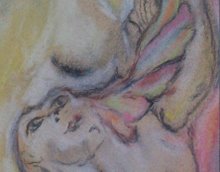



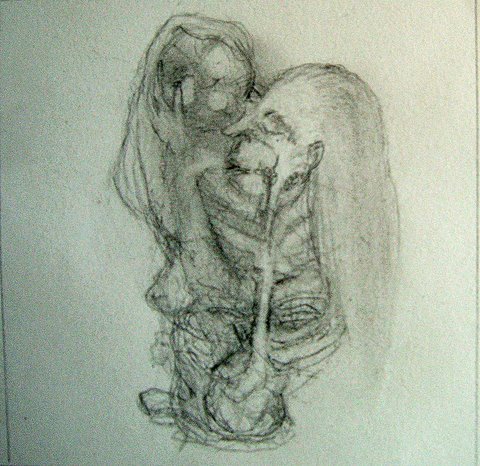
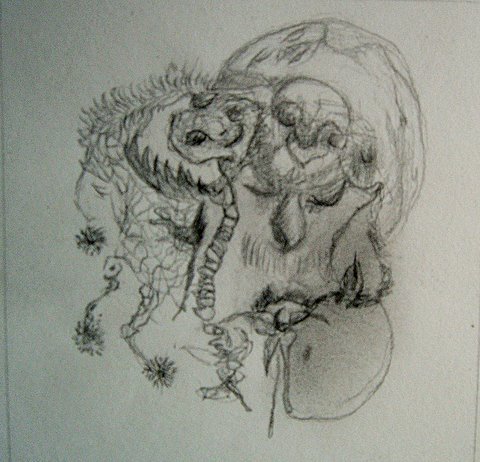
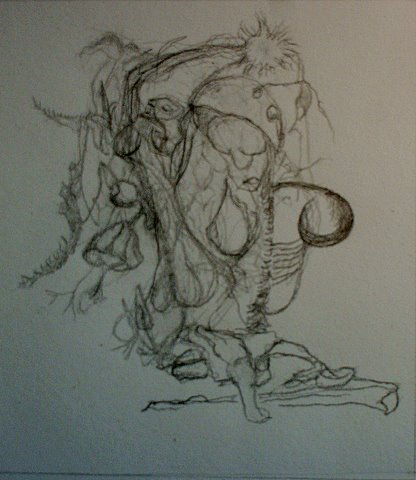
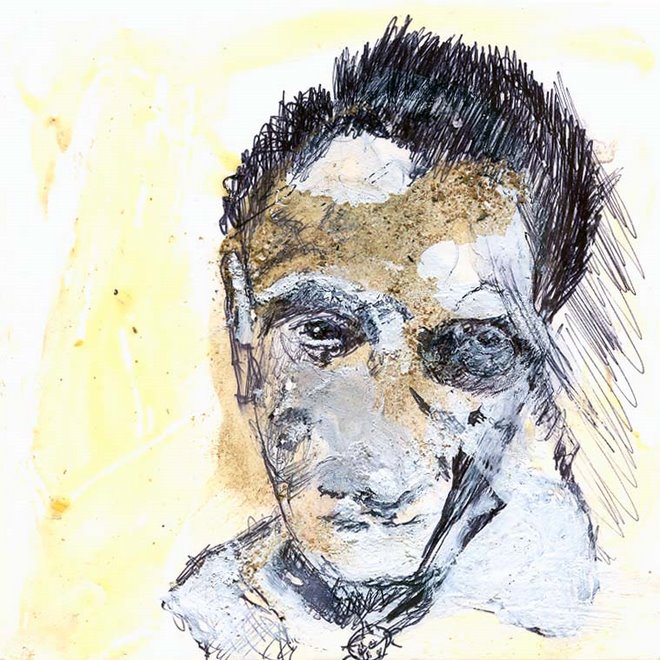
No comments:
Post a Comment